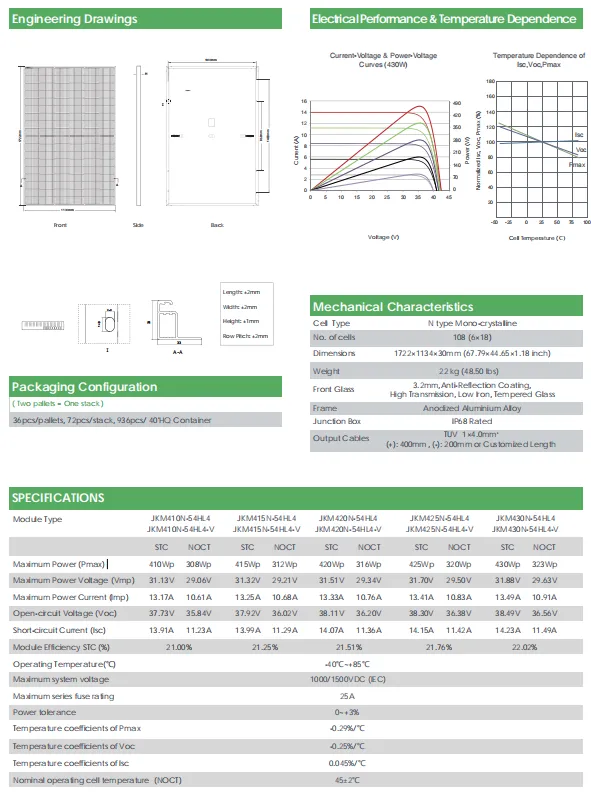Compact Solar Power Solutions for Efficient Energy Generation
The Benefits and Challenges of Small Solar Power Systems
As the world continues to grapple with climate change and the urgent need for sustainable energy solutions, small solar power systems have emerged as a practical alternative for residential and small commercial use. These systems harness sunlight to generate electricity, providing an eco-friendly solution to energy consumption. This article explores the benefits and challenges associated with adopting small solar power systems.
Benefits of Small Solar Power Systems
1. Environmental Impact One of the most significant advantages of small solar power systems is their minimal environmental footprint. Solar energy is a renewable resource, meaning it does not deplete natural resources or contribute to greenhouse gas emissions during operation. By switching to solar power, homeowners can substantially reduce their carbon footprints and take meaningful steps toward combating climate change.
2. Energy Independence Small solar power systems enable users to produce their own electricity, which can reduce reliance on conventional energy suppliers. This independence is particularly beneficial in remote areas or regions prone to power outages. With a solar power system, users can generate their own energy during outages, ensuring continuity of power for essential appliances and services.
3. Cost Savings Although the initial investment in a small solar system can be significant, the long-term savings on electricity bills often outweigh these costs. In many cases, homeowners can reduce their energy expenses or even eliminate them entirely. Moreover, government incentives, tax credits, and rebates available for solar installations can further mitigate initial costs, making solar energy more accessible.
4. Low Maintenance Once installed, small solar power systems require relatively little maintenance. They have no moving parts and usually only need occasional cleaning to remove dirt and debris. This low maintenance requirement makes them a feasible option for many homeowners who may not have the time or resources to manage complex energy systems.
5. Increased Property Value Properties equipped with solar power systems can often command higher market values. Many homebuyers are now looking for energy-efficient features, and homes equipped with solar energy systems may be more attractive in the real estate market. This can lead to a quicker sale at a better price when the time comes.
small solar power system

Challenges of Small Solar Power Systems
1. Initial Costs Despite the long-term savings, the upfront costs of purchasing and installing a solar power system can be a barrier for some homeowners. While prices have steadily decreased over the years, the initial investment can still be prohibitive for many, requiring careful budgeting and financial planning.
2. Space Requirements Small solar power systems require adequate roof space or land area to install solar panels. For homeowners in urban settings or those living in multi-unit buildings, finding enough unobstructed space can be a challenge. Additionally, the orientation and angle of the roof can affect the efficiency of solar energy generation.
3. Intermittency of Solar Energy Solar energy is not constant and varies based on factors such as time of day, weather conditions, and geographic location. This intermittency can limit the effectiveness of solar power systems, particularly in areas with frequent cloud cover or shorter daylight hours. To counter this, homeowners may need to invest in battery storage systems, which can add to overall costs.
4. Regulatory Barriers Depending on the region, there may be various regulations and permitting processes involved in installing a solar power system. These legal hurdles can create delays and necessitate additional costs. It is essential for potential solar users to be informed about their local regulations before proceeding with installation.
5. Technology Advancements The rapid advancement in solar technology can make homeowners hesitant to invest in a system that may soon become outdated. Newer, more efficient technologies are continually emerging, leading some to delay their investment in favor of waiting for the next big thing.
Conclusion
Small solar power systems offer a host of benefits, including environmental sustainability, energy independence, and cost savings, making them an appealing option for many homeowners. However, challenges such as initial costs, space requirements, and regulatory hurdles must be carefully considered. Ultimately, as technology continues to advance and the sector becomes more standardized, small solar power systems are likely to play an increasingly vital role in the future of energy generation.
-
Unlocking Energy Freedom with the Off Grid Solar InverterNewsJun.06,2025
-
Unlock More Solar Power with a High-Efficiency Bifacial Solar PanelNewsJun.06,2025
-
Power Your Future with High-Efficiency Monocrystalline Solar PanelsNewsJun.06,2025
-
Next-Gen Solar Power Starts with Micro Solar InvertersNewsJun.06,2025
-
Harnessing Peak Efficiency with the On Grid Solar InverterNewsJun.06,2025
-
Discover Unmatched Efficiency with the Latest String Solar InverterNewsJun.06,2025







